Highlights
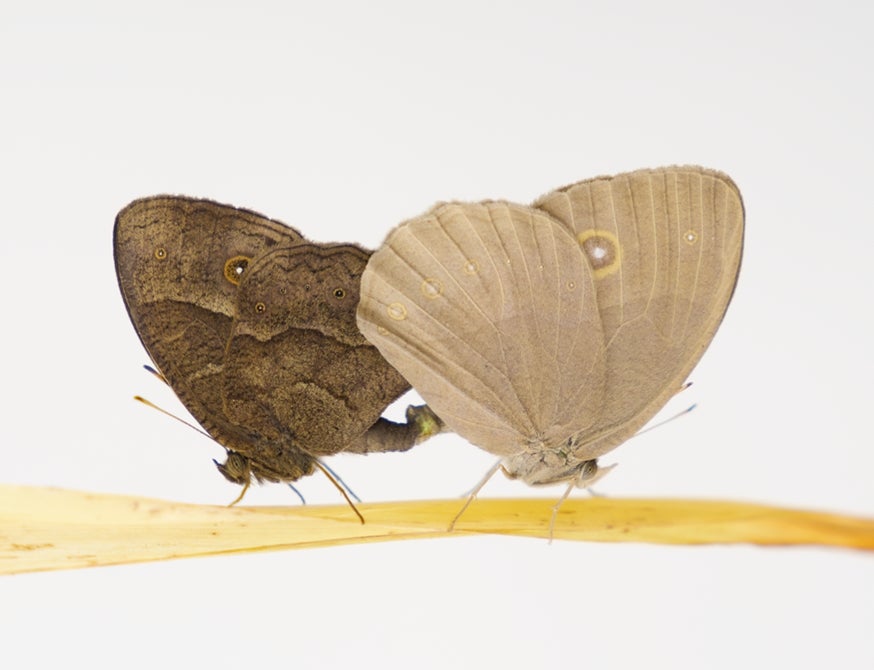
A microRNA solves an evolutionary mystery of butterfly and moth wing colouration
December 06, 2024Researchers from the National University of Singapore (NUS) have discovered that cortex does not affect melanic colouration. Instead, …
Read More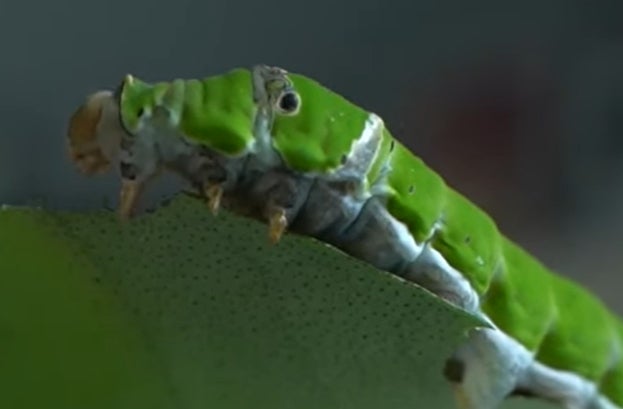
Like mother, like daughter: How caterpillars pass down food preferences to their offspring
July 04, 2024Many caterpillars are known for their specific food preferences, which they bring with them when they morph into butterflies. For…
Read More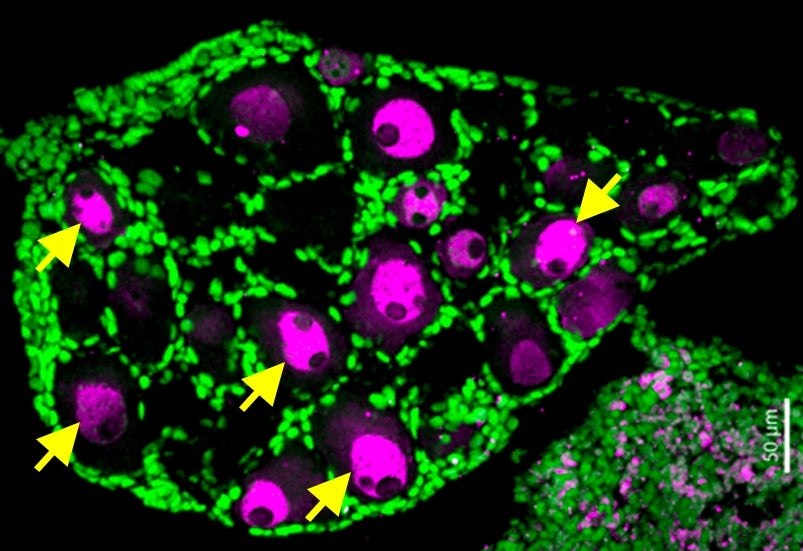
The mechanism of sex determination in toads
July 01, 2024Biologists from the National University of Singapore (NUS) and the Leibniz Institute of Freshwater Ecology and Inland Fisheries (IGB) have…
Read More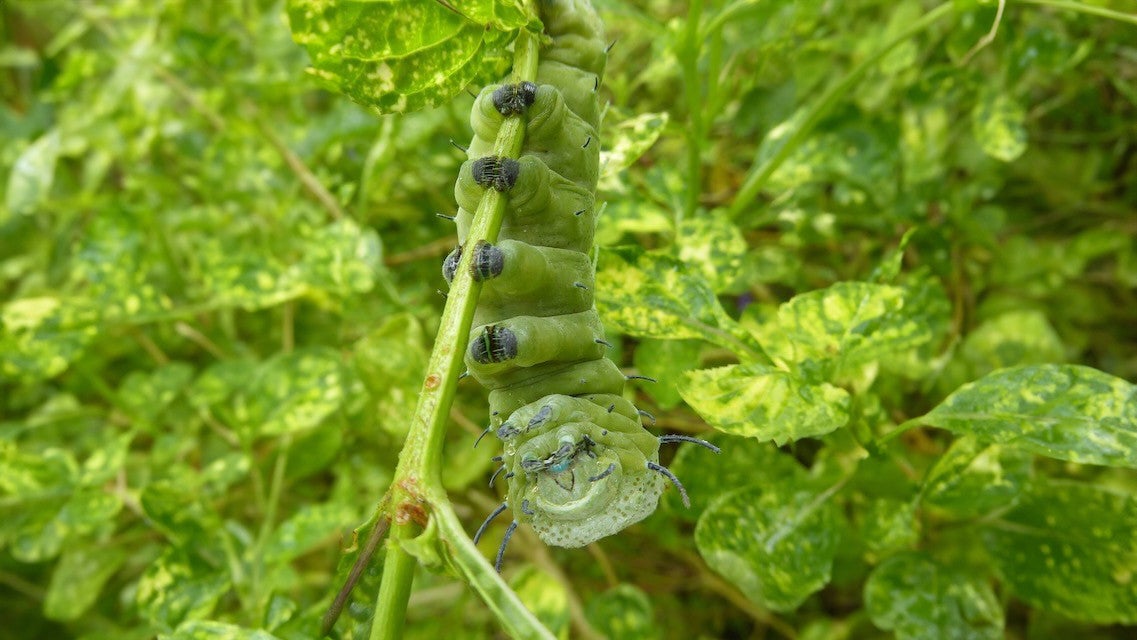
How do caterpillars acquire chubby legs
October 13, 2023National University of Singapore (NUS) scientists trace the origins of the chubby legs of caterpillars to an ancient genetic program associated with crabs.
Read More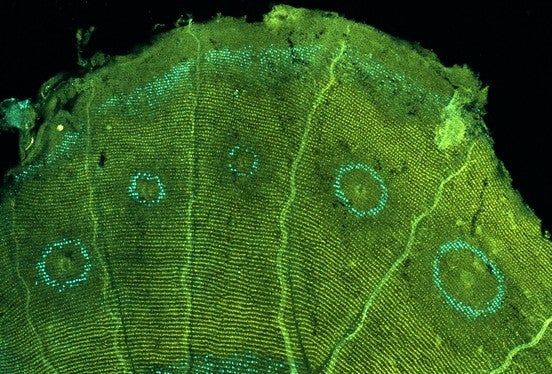
A patchwork of Wnt signalling ligands and receptors pattern the colours on the wings of butterflies
August 03, 2023National University of Singapore (NUS) researchers have discovered that multiple types of Wnt signalling, a variable but fundamental mode of…
Read More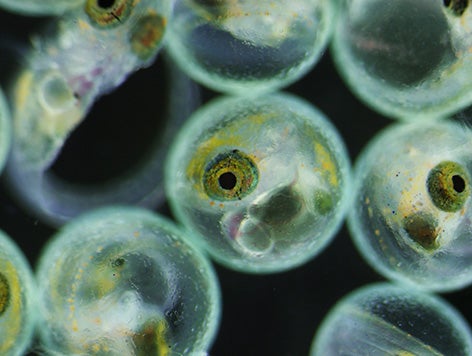
The evolutionary origin of paired limbs
June 14, 2023National University of Singapore (NUS) biologists contribute to a multi-national study to solve a longstanding controversy in evolutionary biology on…
Read More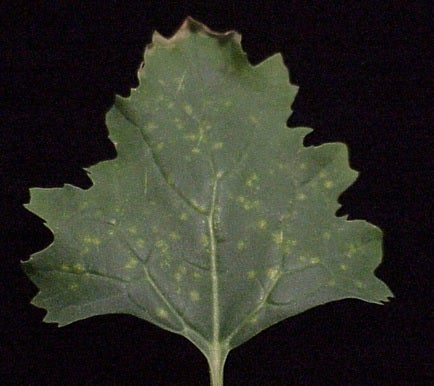
Is more ‘A’ better?
November 12, 201512 Nov 15 NUS scientists discovered that Hibiscus latent Singapore virus with a longer internal poly(A) tract replicates faster. Hibiscus…
Read More

